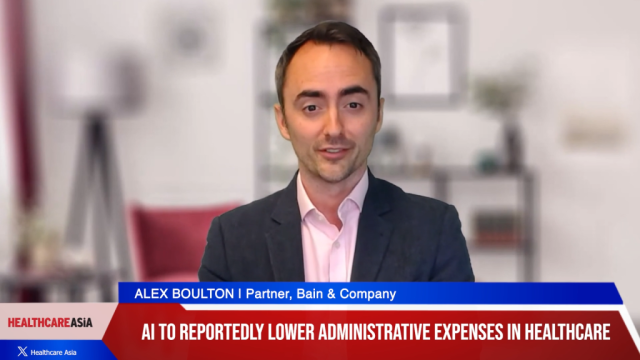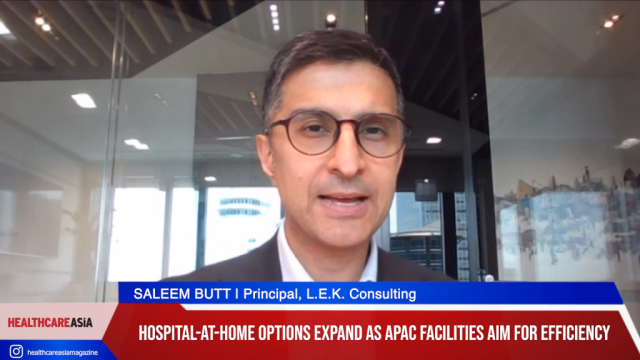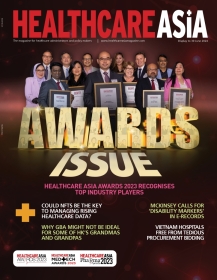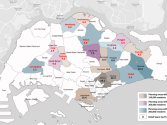
Thailand eyes reforming its universal health coverage
UHC is primarily funded by taxation.
Thailand's doctors have been pushing for the introduction of a co-payment scheme in the country's universal healthcare scheme (UHC) – however, it may take longer before they see this become reality.
Wei Zheng Ang, Pharmaceuticals & Healthcare Analyst, BMI Research, notes that Thailand's healthcare schemes will undergo a transformation.
Schemes funded through general taxation, such as the UHC, will be the prime targets for reform. According to Ang, that the UHC is funded primarily through taxation provides the government with added incentive to manage the rising costs.
Ang notes that changes will be introduced only gradually, reflecting the range of the complexities involved - from diverse stakeholder interests, to the government's current need to ensure political stability given the recent royal transition to King Vajiralongkorn.
Further, while doctors in the country have been pushing for the introduction of a co-payment scheme to the UHC, such a measure has yet to be introduced due to concerns that it will create financial barriers for lower income patients.
“Achieving universal health insurance has certainly made Thailand proud. However, the complex three-tier health insurance arrangements together with the increasing healthcare needs threaten its sustainability,” according to a study by Dr. Zhanming Liang and Dr. Phudit Tejativaddhana. “Although the old age dependency rate (number of people aged 65 and above per 100 population aged 15 to 64) of 13% in Thailand is relatively low, the rate is predicted to increase to 53.1% in 2050.”
They also note that the significant increase of the proportion of aged population not only predicts a significant increase in health service demand, but also a significant decrease in tax contribution from this retired population.
“In addition, more than 60% of the population are working in the informal sector in Thailand – a population that may not be subject to tax contributions,” they say. “These two key factors make significant increases of tax revenue by the Thai Government impossible in a long run, at least not at a rate that can match the increasing healthcare demands. It is clear that significant injection into healthcare expenditure to meet the increasing demand alone is not a feasible solution in Thailand. Efforts to improve the effectiveness and efficiency of service delivery are strongly recommended.”
Simone Ghislandi, Professor of Health Economics, Department of Socioeconomics, WU, Vienna, opines: “Far from representing a populist policy, successful implementation of UHC is the lesson Thailand once taught the world. In view of its sheer benefits in health improvement and reduction in social disparities, we hope that UHC will be fully sustained and developed by the present and future governments.”























 Advertise
Advertise







